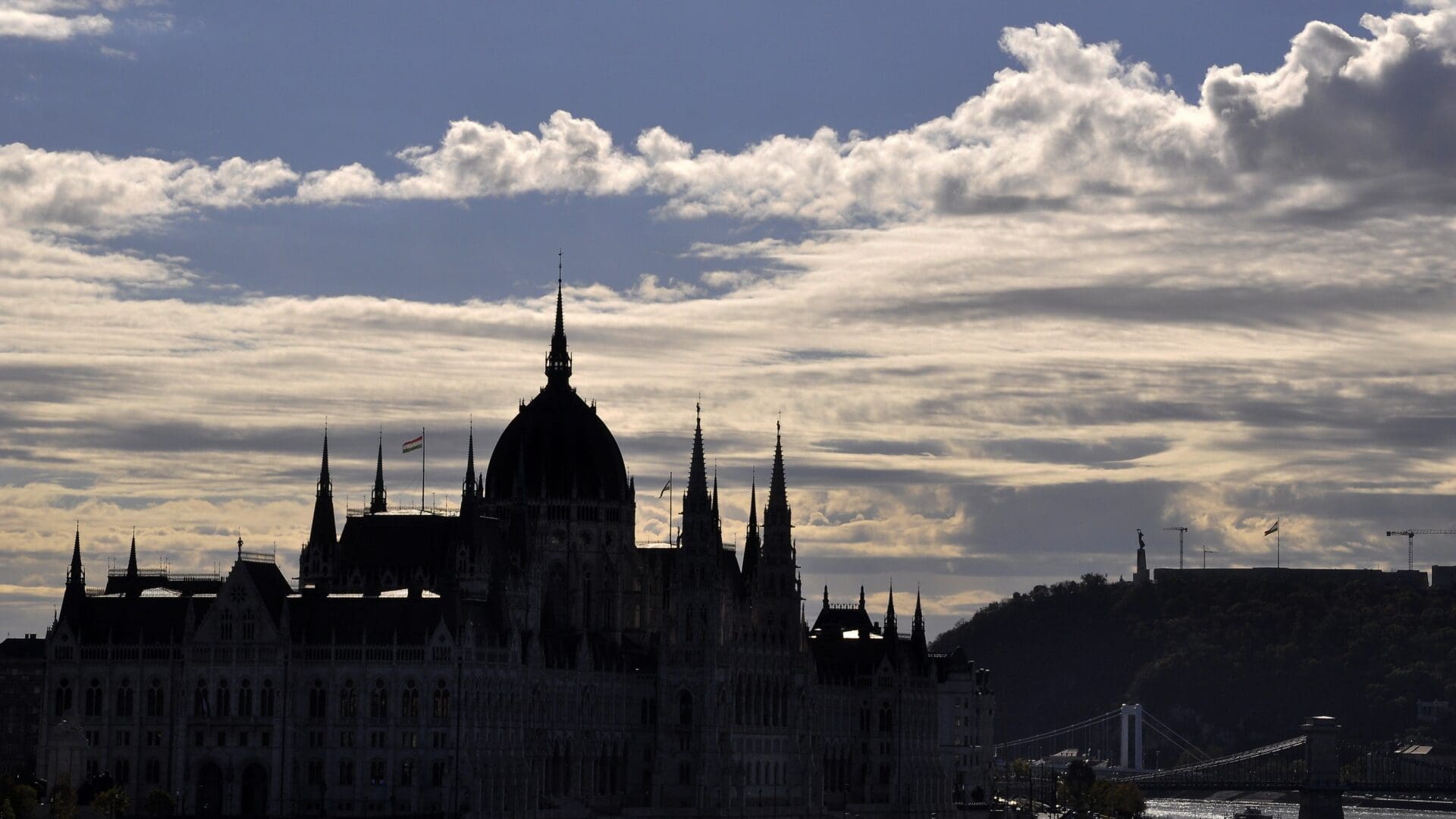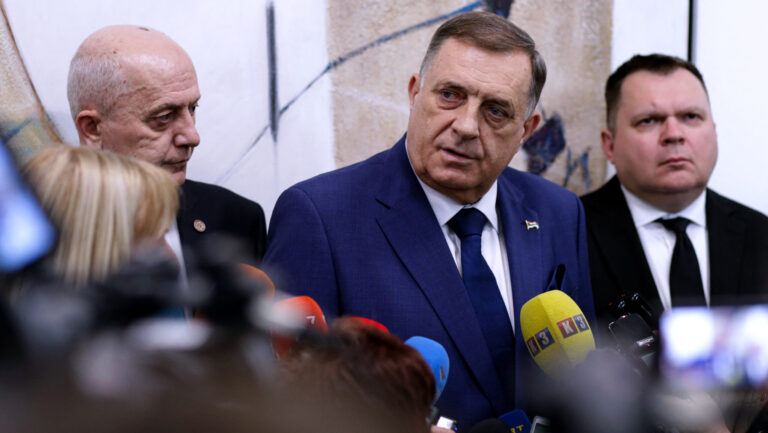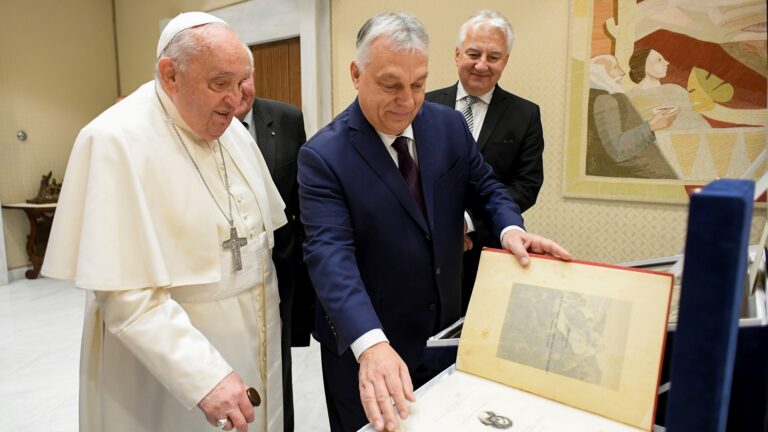During a press conference held on Thursday in Budapest President of the Board of Directors of the Hungarian Tourism Agency (MTÜ) Zoltán Guller presented an annual report based on preliminary data, highlighting that in the past year, Hungarian tourism not only exceeded the results of 2022 but also reached, and at times surpassed, the figures from the record-breaking year of 2019.
Guller emphasized that nearly 16 million tourists spent over 41 million guest nights in Hungary last year, and the revenues of the hospitality sector saw a double-digit growth, surpassing inflation.
Hungarian accommodation providers registered 1.3 million more guest nights in 2023 compared to 2022,
which is a remarkable achievement given that international conflicts were estimated to have reduced guest nights by one million.
The total revenue of accommodation establishments reached 860 billion Hungarian forints, representing a 23 per cent increase compared to 2022. Guests spent 18 per cent more at hospitality establishments, amounting to 1,780 billion forints.
Following the success of 2023, the tourism sector is expected to embark on a sustained growth trajectory this year, as highlighted by Zoltán Guller. He also pointed out that according to a recent report from the World Tourism Organization, the pace of recovery in Hungary is higher than the global average, which supports the restoration of economic growth.
Guller stated that the results, as indicated by data from the National Tourism Data Reporting Centre,
were primarily attributed to a significant revival in international inbound tourism.
The influx of 7.1 million guests from abroad marked an 18 per cent increase. The strengthening of tourist traffic in the capital was particularly impressive, with Budapest accounting for 59 per cent of foreign accommodation stays, registering 11.7 million guest nights, a significant 19 per cent increase compared to 2022.
The most popular domestic tourist region, Lake Balaton, not only excelled during the summer peak season but also exceeded the results of the entire year, with a nine per cent increase over the record-breaking year of 2019, totalling 3 million guest nights. Guller noted that
during the summer, there were eight guests for every resident at Lake Balaton.
The success was also fuelled by the SZÉP card, a key player in domestic tourism, contributing significantly with historical highs in both card top-ups (445 billion HUF) and expenditures (449 billion HUF) in 2023.
László Könnyid, the CEO of MTÜ, mentioned that this year, in line with international trends, a complete restructuring of inbound tourism to pre-pandemic levels is expected. Their projections indicate a realistic target of reaching 43 million guest nights by 2024. MTÜ’s goal is to have 20 million guests spend 50 million guest nights in Hungary annually by 2030, with the tourism sector contributing at least 16 per cent to the GDP.
Related articles:
Sources: Hungarian Conservative/MTÜ/MTI








